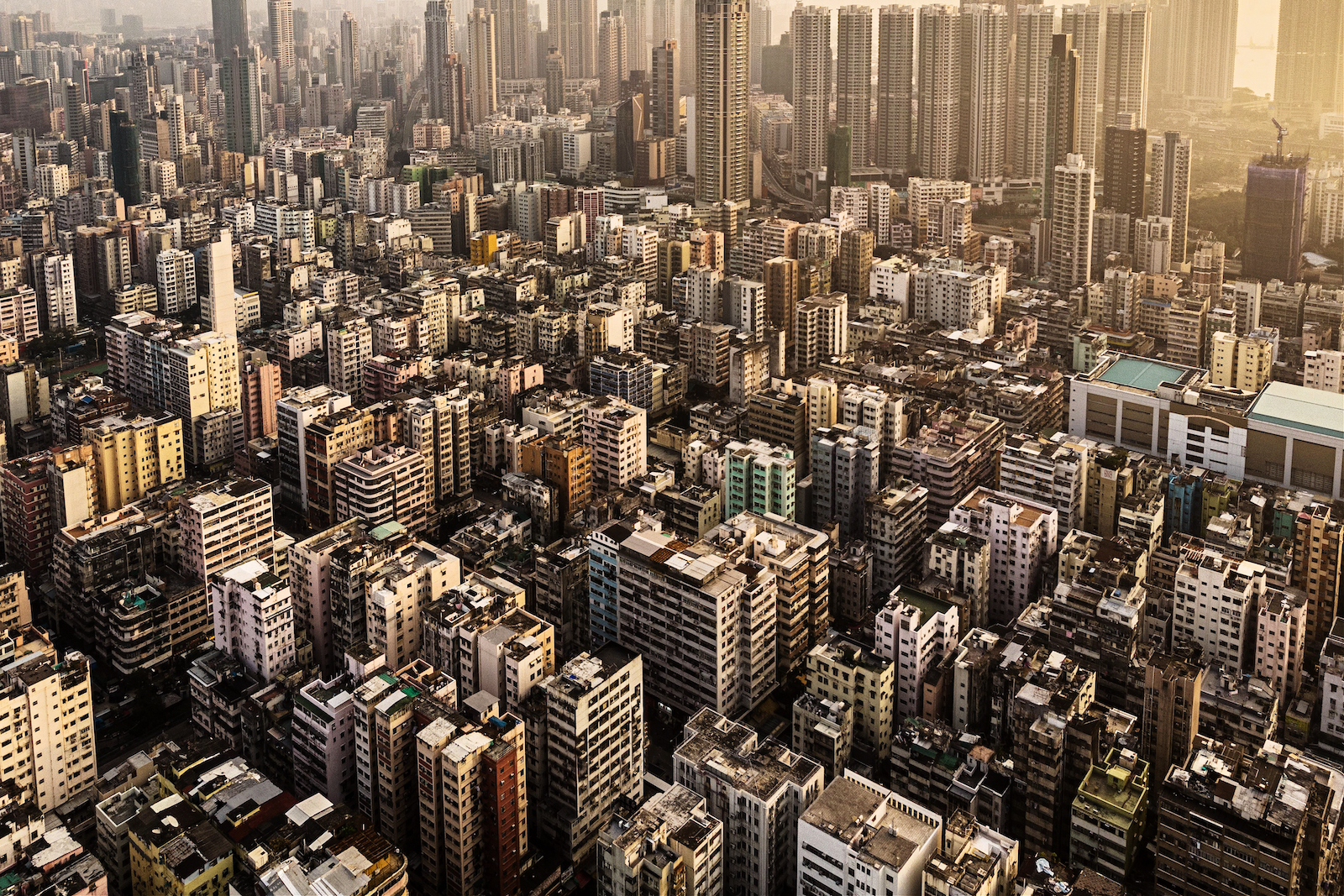
What Evergrande’s Spectacular Collapse Says about China
On January 29, Hong Kong High Court Judge Lina Chan issued a directive for the liquidation of Evergrande, as reported by the Associated Press. Amid the collapse of Evergrande and the real estate market in China, the question arises: why does the liquidation of a private real estate developer in China carry repercussions for the global economy? The World Economic Forum provides insight into the matter, revealing that Evergrande holds direct and indirect responsibility for approximately 3.8 million jobs annually. The prospect of liquidation thus raises concerns about mass unemployment and job insecurity for millions.
Beyond its primary role in real estate, Evergrande’s expansive reach extends into diverse sectors, including healthcare services, consumer products, and electric vehicles, according to CNBC. Consequently, the liquidation of Evergrande would reverberate across various industries, well beyond the confines of the real estate market, posing potential threats to China’s financial stability. The most frightening implication of this liquidation lies in its likely impact on global banks.
The inability of Evergrande to fulfill its obligations to both domestic and international loaners implies significant losses on a global scale. While liquidation is still in its early stages, its consequences have yet to manifest at an international level. Nonetheless, economists project that the ramifications of Evergrande’s liquidation are poised to reverberate throughout the broader global economy in the coming weeks.
Evergrande emerged as a prominent figure in the Chinese real estate sector, reaching its peak valuation of $42 billion in 2017. Evergrande oversees more than 1,300 projects situated across 280 cities throughout China. The success of Evergrande elevated its primary stakeholder, Hui Ka Yan, to the ranks of Asia’s wealthiest individuals, reports Forbes, however, this success was not long-lived.
The surge in the real estate market, coupled with the debt-ridden nature of the real estate market lends itself to economic instability, with risks related to the emergence of economic bubbles, excessive debt, and overleveraging. In 2022, amid the COVID-19 pandemic and heightened apprehensions regarding these economic issues, the Chinese government undertook efforts to address the challenges within the real estate sector. President Xi Jinping announced a series of measures designed to safeguard China’s economic well-being. As reported by The Guardian, these measures included extending credit support to housing developers burdened by severe indebtedness, facilitating deferred-payment loans for prospective homebuyers, and imposing limitations on the extent of debt that real estate developers can incur.
The significance of these interventions was underscored by Ting Lu, Chief Economist at Nomura in China, who wrote, “We view this (the tightening of restrictions) as the most crucial pivot since Beijing significantly tightened financing of the property sector.” This strategic shift in policy reflects the fears of the Chinese government, with discernible emphasis on minimizing risks associated with the real estate market and fortifying the economic resilience of the nation in the face of prevailing challenges.
These reforms proved ineffective in rescuing Evergrande, a corporate entity with an overwhelming debt burden amounting to $300 billion. China’s economy has experienced great changes over the past four decades, marked by economic reforms, political changes, and westernization. Beginning in the 1980s, the People’s Republic of China experienced an intense economic expansion characterized by pronounced surges in manufacturing exports, industrial production, and, most notably, real estate development, according to the Brookings Institution. Many economists have characterized this growth as a nearly miraculous phenomenon, given the substantial escalation of the Gross Domestic Product (GDP) from $1.96 trillion in 2004 to $17.9 trillion in 2022, according to The World Bank.
The expansion observed in the Chinese real estate market was linked to a pivotal economic reform passed in 1978. This reform spearheaded a shift towards capitalist-style economic principles and an endorsement of private businesses, allowing the population to partially own land and derive financial gains from their labor. The main objective of these reforms was to alleviate the country’s widespread prevalence of poverty. As a result, the ensuing years witnessed an extraordinary annual growth rate of 8.1 percent in the country’s average GDP per capita, documents the International Monetary Fund.
The year 1978 marked a watershed moment for China’s economy, ushering in economic reforms that pivoted toward capitalist-style economic principles, catalyzing a shift in the country’s trajectory. These reforms, historical in their impact, championed private enterprise and empowered individuals to own property and reap the rewards of their labor. This seismic policy shift aimed to lift the nation from the grips of widespread poverty. Documented by the International Monetary Fund, the result was nothing short of remarkable: a sustained annual growth rate of 8.1 percent in China’s GDP per capita ensued, setting the stage for an era of unprecedented economic expansion.
The ripple effects of these reforms set in motion a demographic shift as profound as the economic one. Rural residents, once bound to the land, began to migrate towards urban centers, drawn by the allure of new economic possibilities. This influx of new urbanites swelled the demand for housing, creating a vacuum that property developers were all too eager to fill. The pace of development was frenetic, as the market dynamics demanded rapid response and the policy environment rewarded the bold. The symbiosis of an expanding urban population and agile property developers fueled decades of robust economic growth, reshaping the landscape of China’s economy.
Within this climate of growth, real estate developers not only built properties—they built fortunes. None were more emblematic of this golden age than Hui Ka Yan, the chairman of what would become China’s most prolific real estate empire: Evergrande. Under Hui’s stewardship, Evergrande grew into a colossus, its roots extending deep into the fabric of China’s burgeoning real estate market. The wealth amassed by Hui and his ilk was a testament to the transformative power of the economic reforms, illustrating vividly how policy can spur wealth generation within a sector. Indeed, the ascendancy of Evergrande and Hui Ka Yan’s resultant financial stature are indelible markers of the profound influence that these economic reforms had on personal fortunes within the real estate sector.

